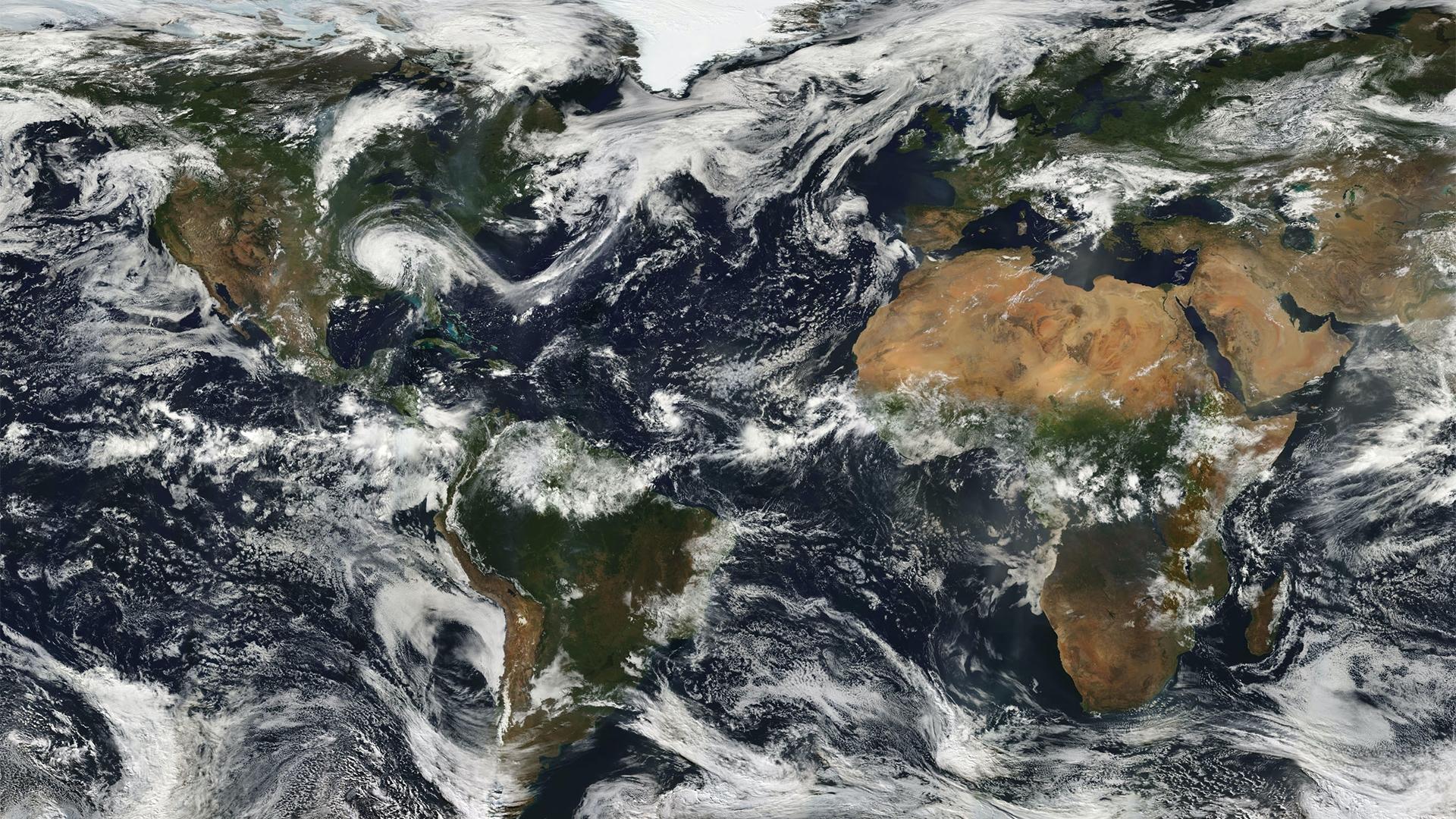
Climate Research
Climate Research at UMD
The University of Maryland leverages multidisciplinary expertise to better understand the vulnerabilities and resilience of Earth systems in response to a changing climate, equip policy makers with actionable knowledge, and accelerate solutions to global challenges through technological innovation.
Below, explore UMD funded institutional grants, research centers addressing climate change, and laboratories working on different aspects of climate change research.
Institutional Grants
The University of Maryland recognizes its ability to foster programs, initiatives, and projects that help to tackle humanity’s biggest challenges, including climate change, global health, inequality, and social justice.
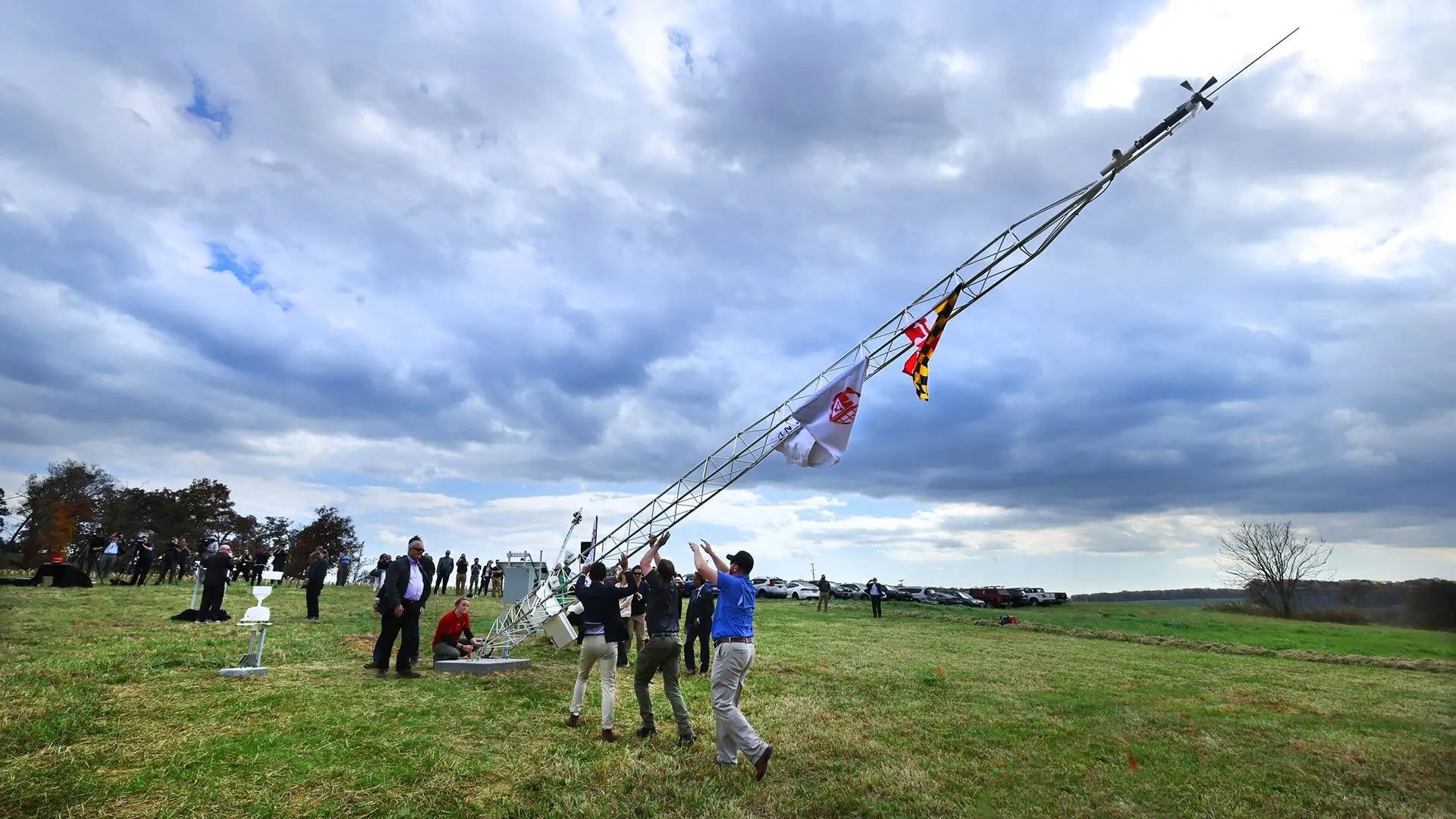
Severe storms, coastal flooding, and extreme high temperatures are some of the effects climate changing is having on Maryland already, and these effects are disproportionally felt by marginalized groups. Addressing Climate Change for a Sustainable Earth is a Grand Challenges Institutional Grant with research-to-impact initiatives designed to assist in monitoring, prediction, and mitigation efforts of climate change impacts in support Maryland and beyond. The Maryland Mesonet project, which will assist in monitoring, prediction, and mitigation efforts of extreme weather events through broadening Mesonet observations and number of stations covering the state of Maryland. Connecting researchers and decision makers through this technology will allow for improved weather forecasting capabilities to protect at-risk communities with earlier warnings of severe weather patterns.
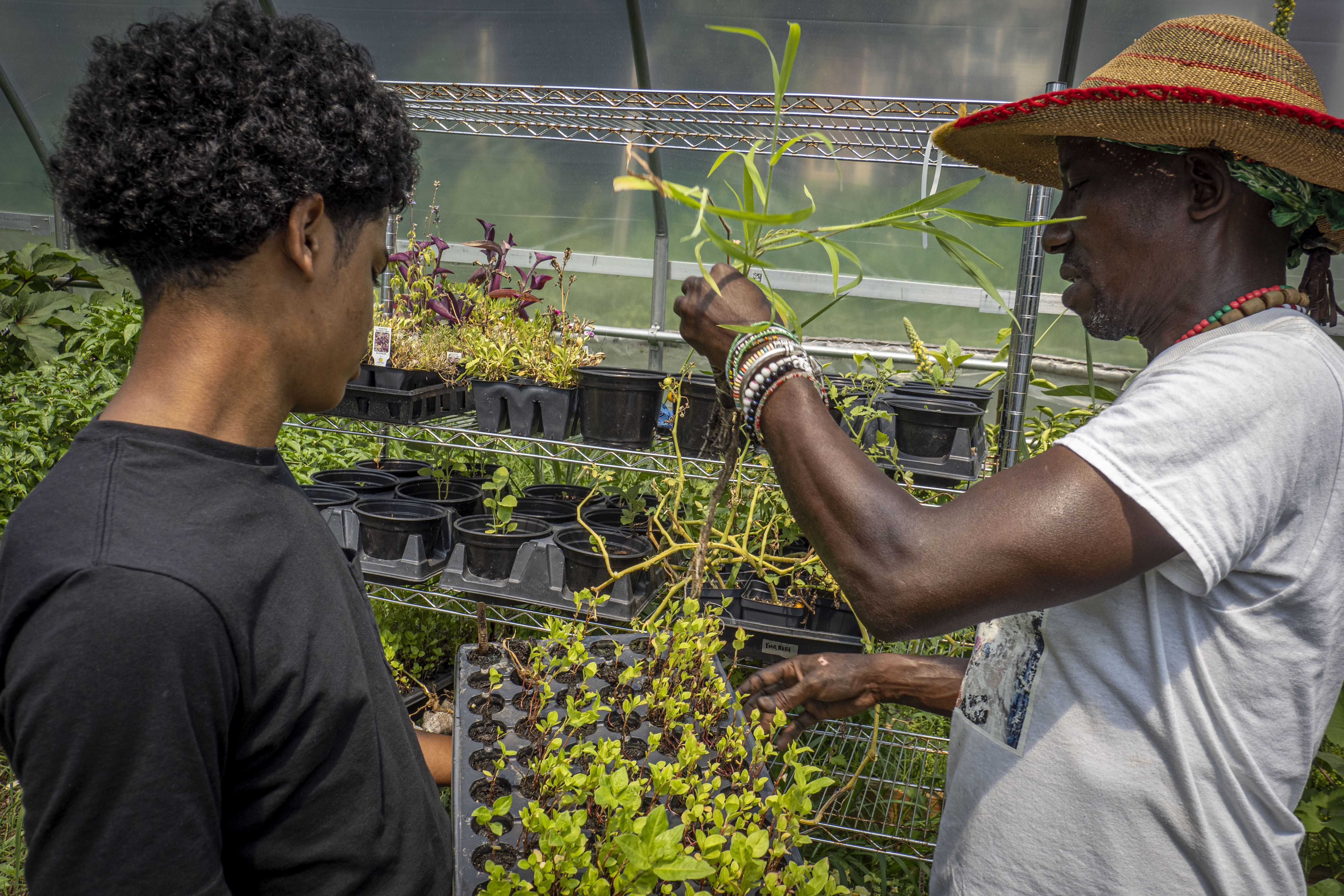
A Grand Challenges Grant, the Global FEWture Alliance is an international initiative to combat the interconnected issues of food, energy, and water (FEW) insecurity through holistic, systems thinking approaches. A UMD-based alliance with partnerships across Nepal, Israel, and Tanzania, the Global FEWture Alliance works towards scaling technology based solutions by involving communities, universities, students, researchers and governments. One project of the Maryland FEWture subgroup is Rainwater Harvesting, a project which validates the rainwater quality used for irrigation to understand its impact on the nutritional quality of produce. The team performs field tests for on-site water filtration and treatment technology, and conducts cost-benefit analyses on the social, economic, and ecological aspects of rainwater harvesting for irrigation.
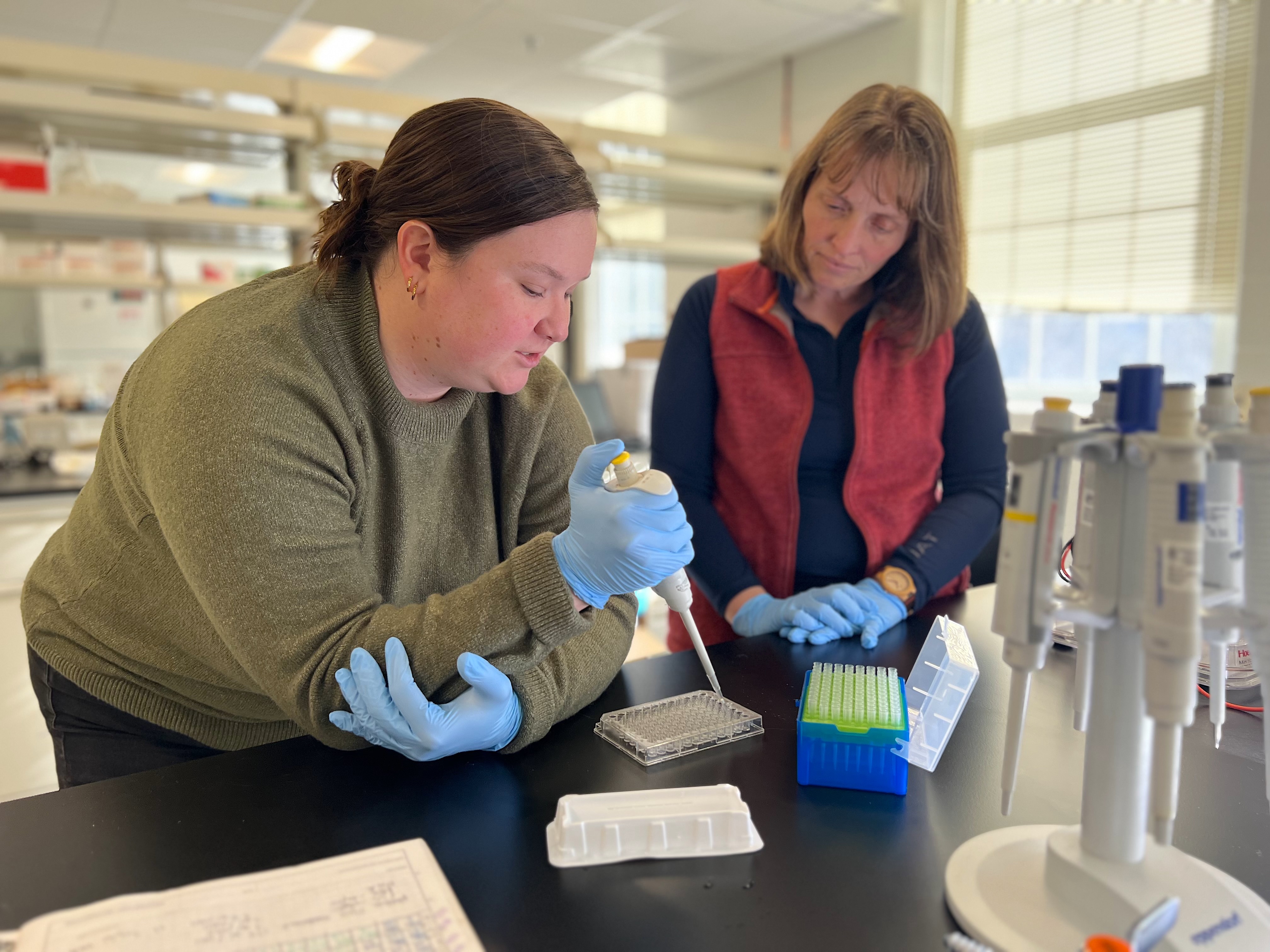 Microorganism communities are ubiquitous across the planet, existing within all living things, and in all ecosystems. The vital role of microbes in human, animal, and environmental health and potential for research in this field to advance new discoveries that benefit all three is only possible through integrated, interdisciplinary research efforts. The Microbiome Sciences project was granted an Impact award to advance research in these realms, train future scientists in various disciplines and develop an innovative community poised to facilitate local economic growth in the field of microbe industries. One project underway through the Center of Excellence in Microbiome Sciences aims to detect and quantify methane emissions in Baltimore and Washington D.C. using a Mobile Methane and Meteorology Observation Platform, allowing for more effective measurement of these gasses required for mitigation strategies.
Microorganism communities are ubiquitous across the planet, existing within all living things, and in all ecosystems. The vital role of microbes in human, animal, and environmental health and potential for research in this field to advance new discoveries that benefit all three is only possible through integrated, interdisciplinary research efforts. The Microbiome Sciences project was granted an Impact award to advance research in these realms, train future scientists in various disciplines and develop an innovative community poised to facilitate local economic growth in the field of microbe industries. One project underway through the Center of Excellence in Microbiome Sciences aims to detect and quantify methane emissions in Baltimore and Washington D.C. using a Mobile Methane and Meteorology Observation Platform, allowing for more effective measurement of these gasses required for mitigation strategies.
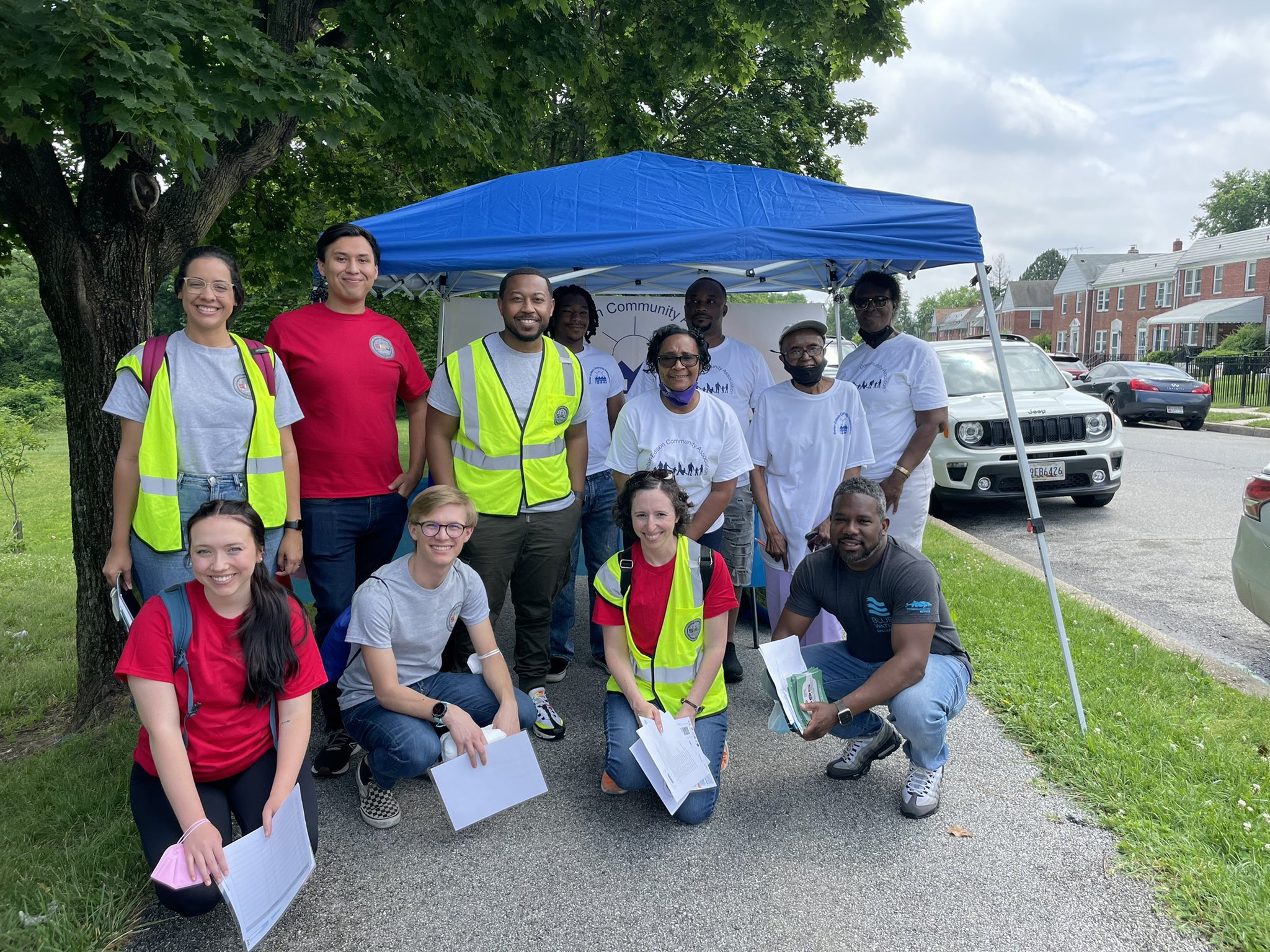 The Water Emergency Team (WET) coordinates community-driven rapid response to sanitary sewer overflows, household backups, and environmental contamination through a Team Project Grant. Baltimore experiences frequent sanitary system overflows (SSOs) and household basement backups due to aging and failing sewer and stormwater infrastructure. As a result, communities are persistently exposed to raw sewage, likely containing waterborne pathogens and possibly antibiotic-resistant (AR) bacteria. While AR bacteria have been identified in wastewater at wastewater treatment plants, no studies have comprehensively evaluated exposure to these pathogens from SSOs or backups, nor the impact of physical damage to the home and infrastructure on communities. This project addresses these knowledge gaps by developing a community-driven rapid response team to respond to SSOs and backups in underserved African American communities in Baltimore and the surrounding region.
The Water Emergency Team (WET) coordinates community-driven rapid response to sanitary sewer overflows, household backups, and environmental contamination through a Team Project Grant. Baltimore experiences frequent sanitary system overflows (SSOs) and household basement backups due to aging and failing sewer and stormwater infrastructure. As a result, communities are persistently exposed to raw sewage, likely containing waterborne pathogens and possibly antibiotic-resistant (AR) bacteria. While AR bacteria have been identified in wastewater at wastewater treatment plants, no studies have comprehensively evaluated exposure to these pathogens from SSOs or backups, nor the impact of physical damage to the home and infrastructure on communities. This project addresses these knowledge gaps by developing a community-driven rapid response team to respond to SSOs and backups in underserved African American communities in Baltimore and the surrounding region.
Centers and Institutes
Numerous research centers and institutes that span across departments and disciplines are working on different aspects of climate change research to uncover bold solutions. A few of these research hubs are mentioned below, with a more complete list available at SustainableUMD.
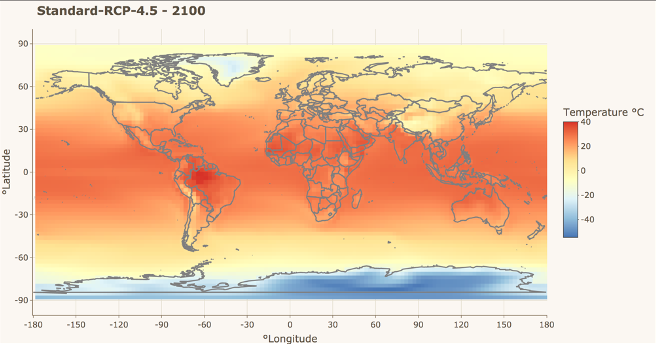
The Joint Global Change Research Institute (JGCRI) research spans multi-system dynamics, energy systems transformation and policy analysis, emission inventories, climate impacts, and terrestrial ecology at many spatial scales. The institute is a partnership between Pacific Northwest National Laboratory (PNNL) and the University of Maryland (UMD), supporting research, modeling, and integrated analysis at the interface of human, energy, and environmental systems. One of the many areas of research and development at JCRI is the Global Change Analysis Model (GCAM) which is designed to examine long-term changes in the coupled energy, agriculture/land-use, water and climate systems of the world.
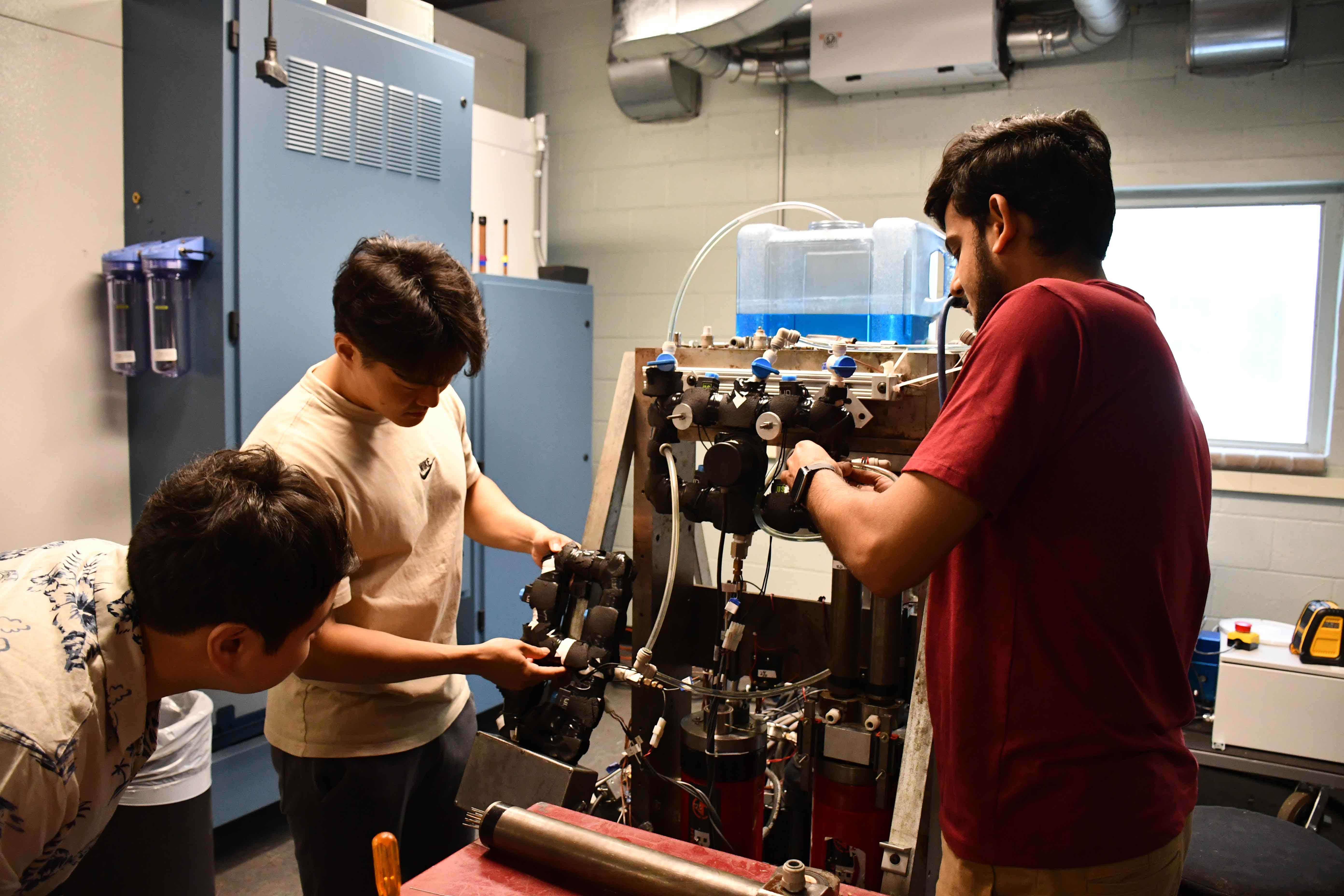
The Center for Environmental Energy Engineering (CEEE) performs research and development of 'lean and green' energy conversion systems that use the least amount of material, are highly energy-efficient, are cost-effective, and have minimal impact on the environment. The center is a leader in research and education in environmentally responsible, economically feasible integrated energy conversion systems for buildings and transportation. Research focuses include air-conditioning, refrigeration and heat pumping and integrated cooling heating and power systems.
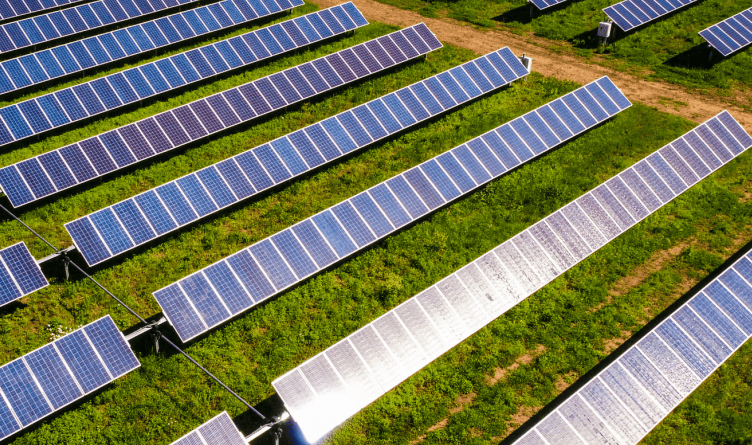 The Center for Global Sustainability (CGS) is an action-oriented climate research center that works to develop and apply diverse research methodologies to realize higher ambition trajectories toward global climate, energy, and sustainability goals. Among the Center's research areas are pathways for achieving 1.5°C, global coal phaseout through national strategies, economic and behavioral drivers of low-carbon energy technologies, and advancing global and national strategies to rapidly reduce methane emissions from energy, agriculture, and waste.
The Center for Global Sustainability (CGS) is an action-oriented climate research center that works to develop and apply diverse research methodologies to realize higher ambition trajectories toward global climate, energy, and sustainability goals. Among the Center's research areas are pathways for achieving 1.5°C, global coal phaseout through national strategies, economic and behavioral drivers of low-carbon energy technologies, and advancing global and national strategies to rapidly reduce methane emissions from energy, agriculture, and waste.
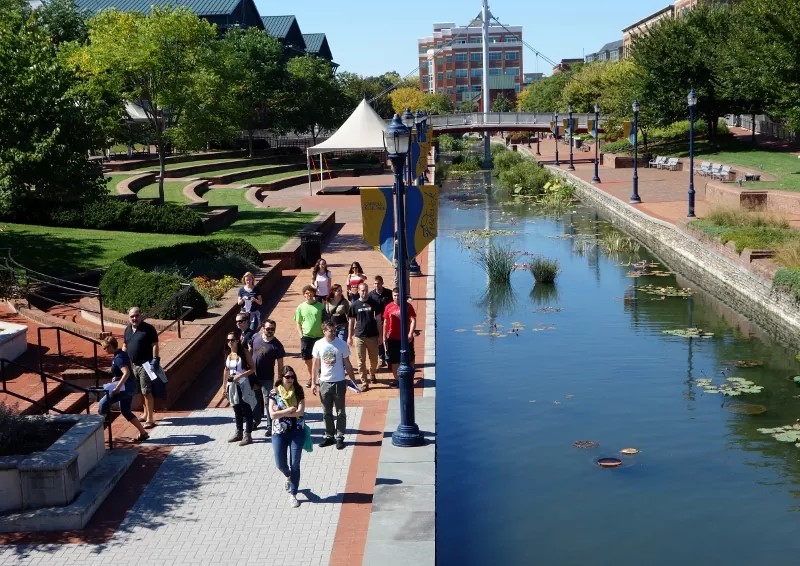 The National Center for Smart Growth Research and Education (NCSG) works to create a more sustainable, vibrant and enhanced quality of life for communities across the globe. The center administers the Partnership for Action Learning in Sustainability (PALS) which is a campus-wide initiative that harnesses the expertise of UMD faculty and the energy and ingenuity of UMD students to help Maryland communities become more environmentally, economically, and socially sustainable. PALS is designed to provide innovative, low-cost assistance to local governments while creating real-world problem-solving experiences for University of Maryland graduate and undergraduate students.
The National Center for Smart Growth Research and Education (NCSG) works to create a more sustainable, vibrant and enhanced quality of life for communities across the globe. The center administers the Partnership for Action Learning in Sustainability (PALS) which is a campus-wide initiative that harnesses the expertise of UMD faculty and the energy and ingenuity of UMD students to help Maryland communities become more environmentally, economically, and socially sustainable. PALS is designed to provide innovative, low-cost assistance to local governments while creating real-world problem-solving experiences for University of Maryland graduate and undergraduate students.
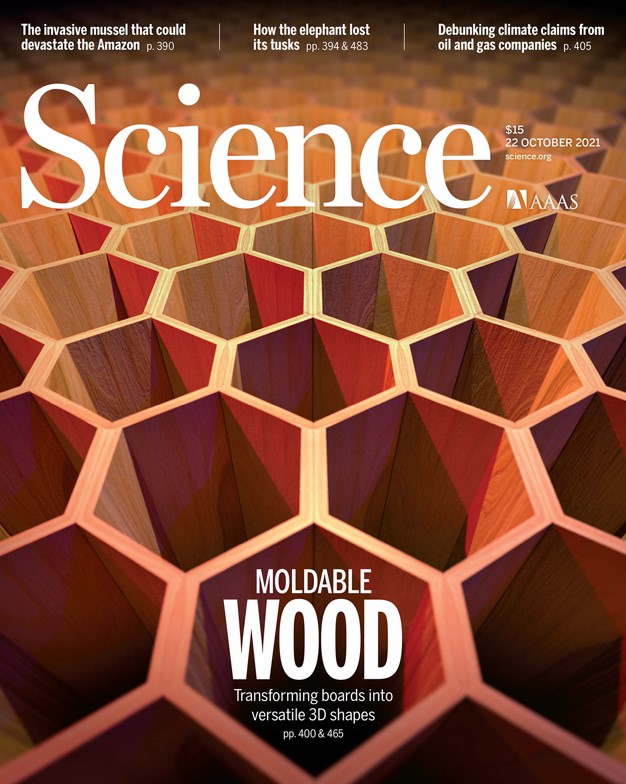
The Maryland Energy Innovation Institute (MEII) provides a platform to catalyze basic research into new technology while stimulating economic growth and improving millions of lives across the state of Maryland. The Institute brings together science, industry, government and economic leaders to develop solutions to global and local energy problems and facilitate the transfer of technology and resources to the public in addition to transitioning the research into marketable products and services through locally based entrepreneurial ventures. Within the Institute, the Center for Materials Innovation aims to invent, manufacture, and utilize innovative materials to address society’s most pressing issues, from sustainability and the energy-water nexus, to energy efficiency, and beyond. One project by the Center has developed a technique for creating moldable wood materials that are 50% stronger than steel and six times lighter.
University of Maryland Labs
Countless labs across departments are involved in climate research; from technological advances in rechargeable lithium ion batteries to soil quality and health, to the intersection between public health and policy, multiple fronts of effort are pursued by researchers and students.
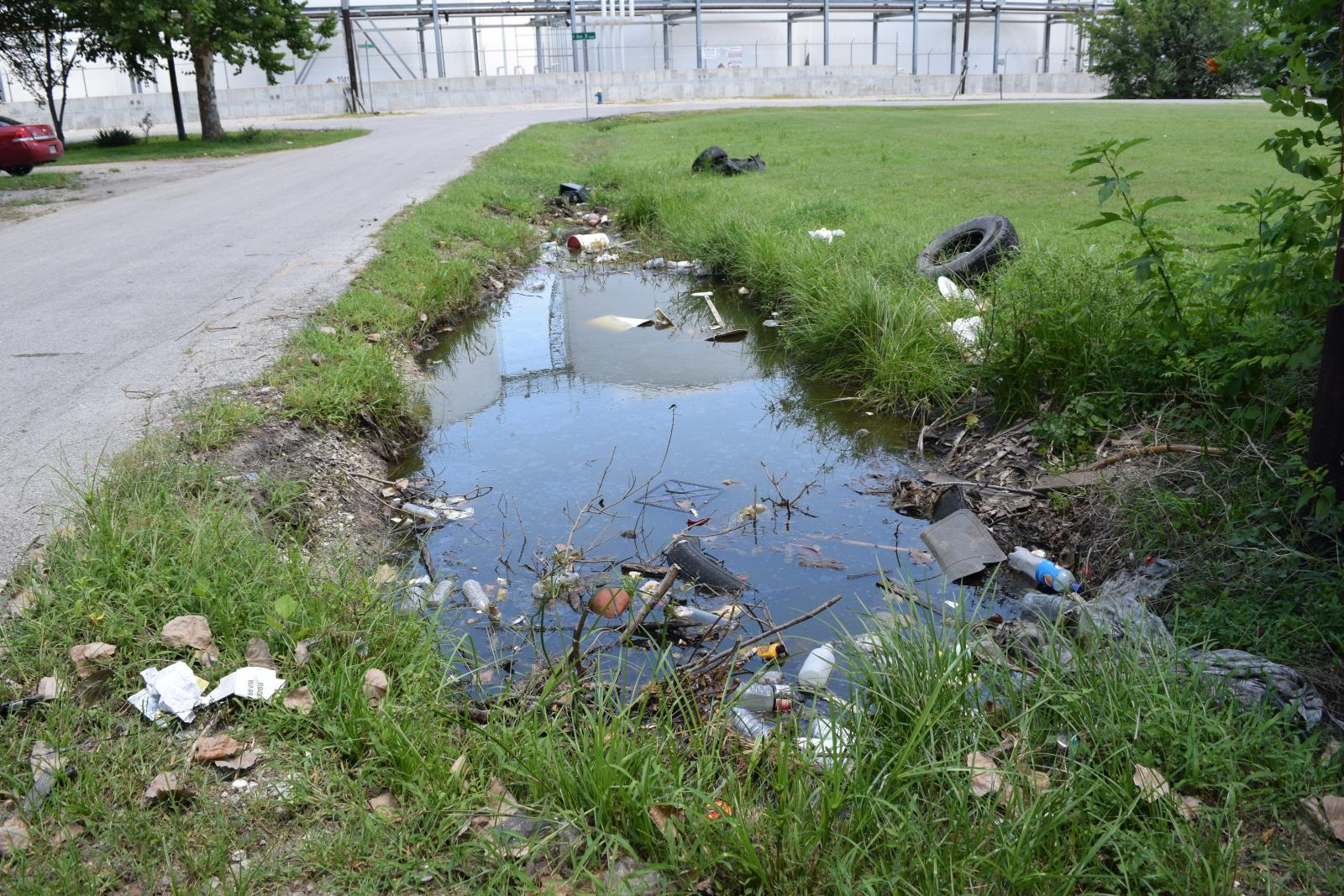 The Stormwater Infrastructure and Justice (SIRJ) Lab studies urban stormwater management and stormwater runoff dynamics in response to extreme events such as urban flooding, which are increasing in frequency due to climate change. Lower income communities, particularly of color, are expected to face worse stormwater problems in the future. The SIRJ Lab uses a combined social vulnerability, disaster, and environmental justice framework to advance research that addresses infrastructural justice and fairness for stormwater and resilience.
The Stormwater Infrastructure and Justice (SIRJ) Lab studies urban stormwater management and stormwater runoff dynamics in response to extreme events such as urban flooding, which are increasing in frequency due to climate change. Lower income communities, particularly of color, are expected to face worse stormwater problems in the future. The SIRJ Lab uses a combined social vulnerability, disaster, and environmental justice framework to advance research that addresses infrastructural justice and fairness for stormwater and resilience.
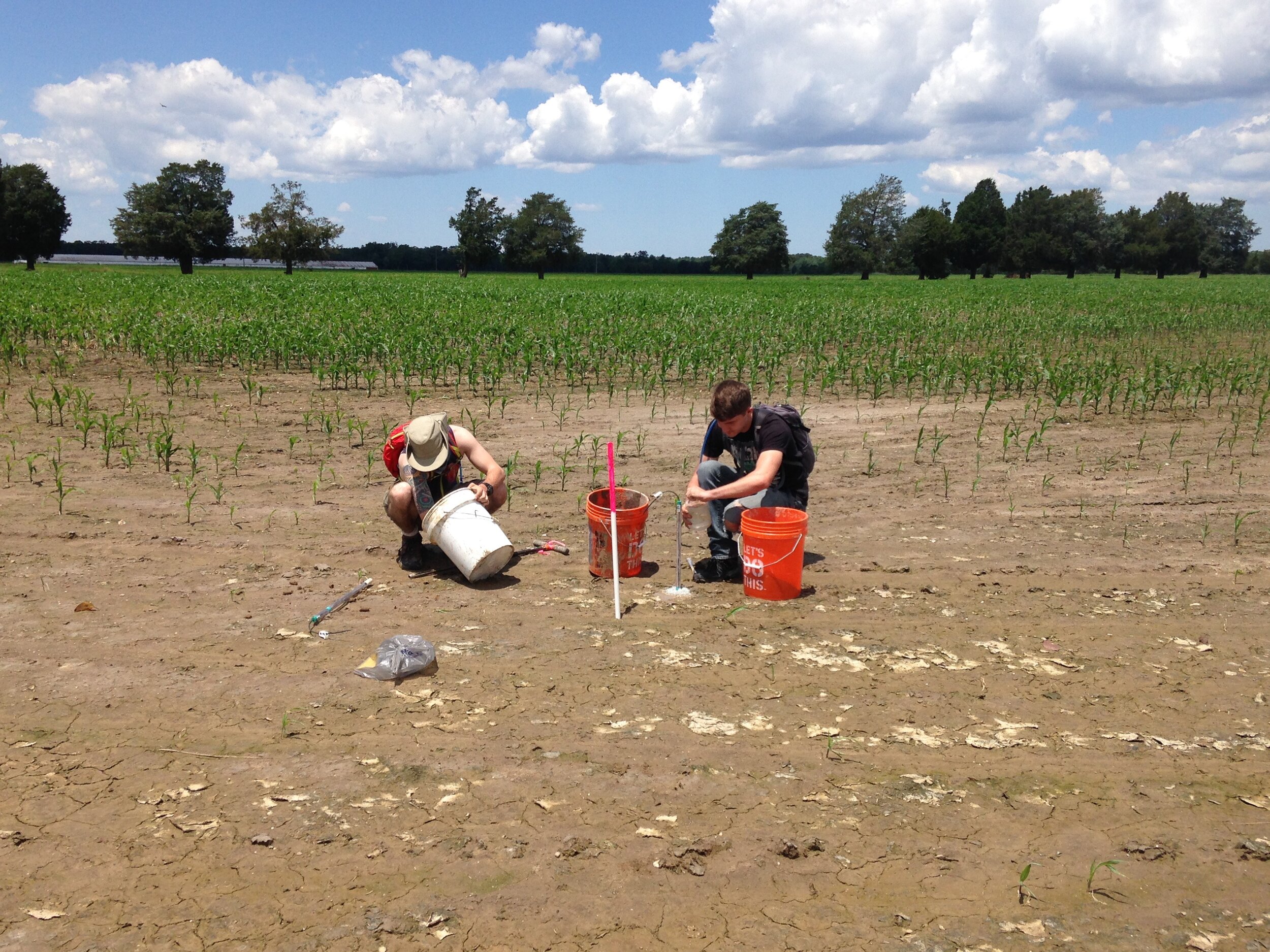 The AgroEco Lab explores the intersection of agriculture and ecology, with the over-arching goal of improving agricultural systems to sustainably provide food along with other ecosystem services. Under Dr. Kate Tully, the Lab's research examines how to manage farming systems so they both adapt to and mitigate climate change. The ecological, biogeochemical, and social implications of saltwater intrusion in Chesapeake Bay agricultural systems is one area of effort by the Lab.
The AgroEco Lab explores the intersection of agriculture and ecology, with the over-arching goal of improving agricultural systems to sustainably provide food along with other ecosystem services. Under Dr. Kate Tully, the Lab's research examines how to manage farming systems so they both adapt to and mitigate climate change. The ecological, biogeochemical, and social implications of saltwater intrusion in Chesapeake Bay agricultural systems is one area of effort by the Lab.
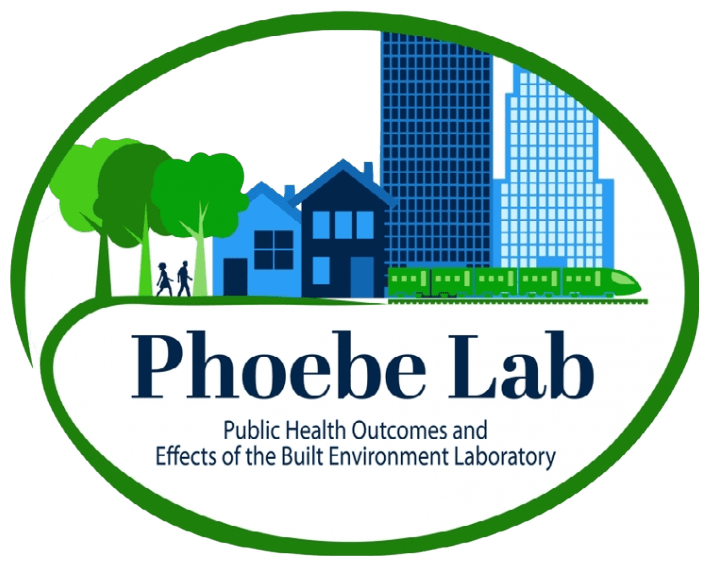 The Public Health Outcomes and Effects of the Built Environment (PHOEBE) Lab pursues an improved understanding of how our built environments impact the health and well-being of individuals and examines environmental factors that encourage or discourage all domains of physical activity. The Lab's research is framed by the Ecological Model of Active Living, which examines the influences of the physical environment and incorporates the direct and indirect impacts of the social environment.
The Public Health Outcomes and Effects of the Built Environment (PHOEBE) Lab pursues an improved understanding of how our built environments impact the health and well-being of individuals and examines environmental factors that encourage or discourage all domains of physical activity. The Lab's research is framed by the Ecological Model of Active Living, which examines the influences of the physical environment and incorporates the direct and indirect impacts of the social environment.
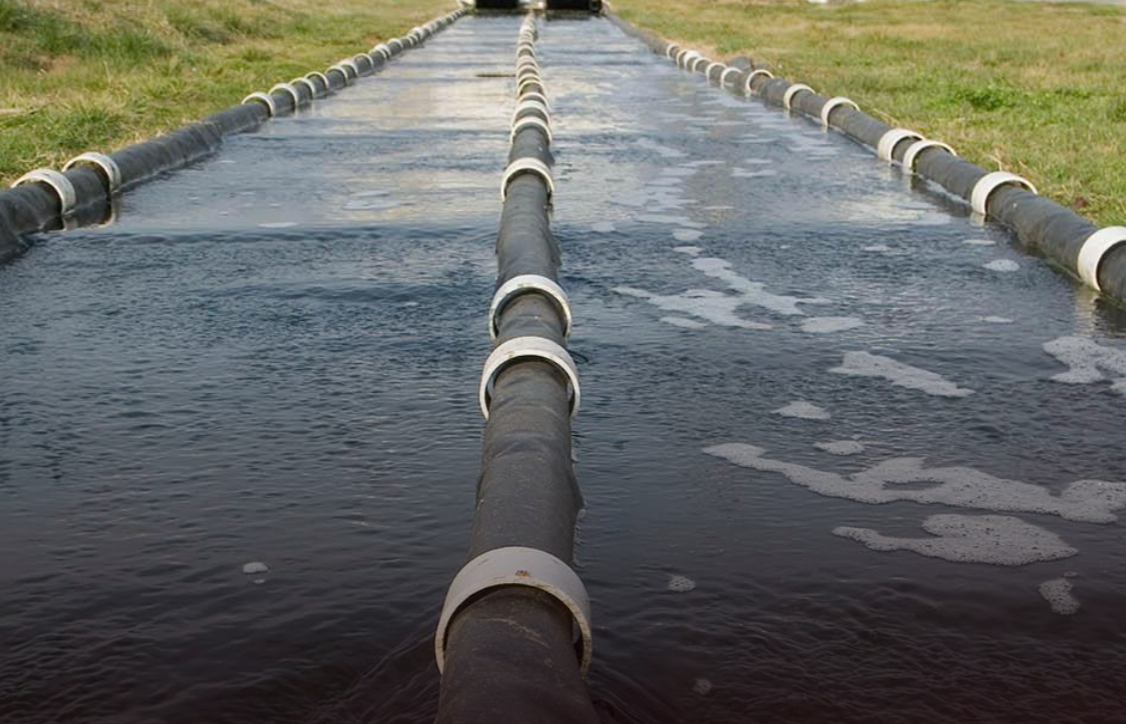
The Algal Ecotechnology Center (AEC) is an organizational unit for advancing the design and implementation of ecologically-engineered, algal-based technologies for water quality management and economic development. These kinds of ecotechnologies utilize natural or “wild” assemblages of algal populations for uptake of pollutants, such as excessive nutrient concentrations, into their biomass during growth. These pollutants are removed from the water by periodic harvesting of the algae.
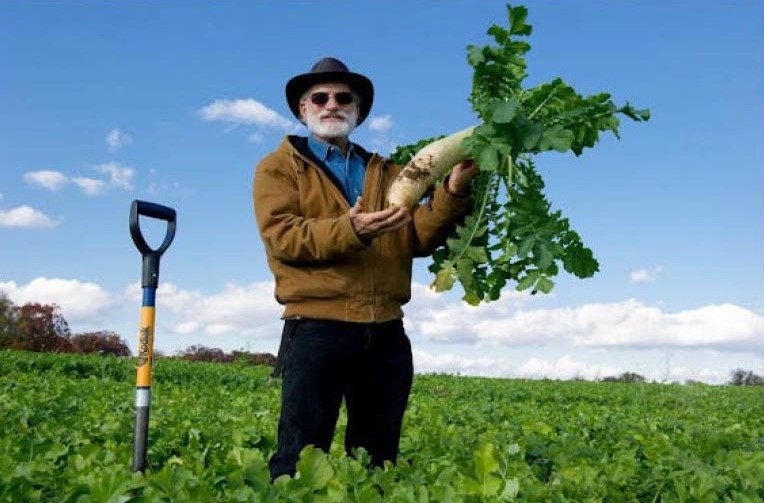 The Soil Quality Lab under the leadership of Professor Ray Weil studies physical, chemical and biological aspects of soil quality and health as related to management of soil organic carbon, nutrient cycling and water quality, and sustainable farming systems. The lab is investigating multiple soil, economic and environmental benefits derived from innovative cover crop systems. Cover crops are plants grown to increase the quality and productivity of the soil as well as increase the amount of carbon sequestered from the atmosphere. Research into the use of radish as a cover crop has had a wide impact, demonstrating, among other benefits, compaction-alleviation capacity, capture of excess nitrogen, suppression of weeds, and regulation of the soil microbial system to enhance synergies and inhibit pathogens.
The Soil Quality Lab under the leadership of Professor Ray Weil studies physical, chemical and biological aspects of soil quality and health as related to management of soil organic carbon, nutrient cycling and water quality, and sustainable farming systems. The lab is investigating multiple soil, economic and environmental benefits derived from innovative cover crop systems. Cover crops are plants grown to increase the quality and productivity of the soil as well as increase the amount of carbon sequestered from the atmosphere. Research into the use of radish as a cover crop has had a wide impact, demonstrating, among other benefits, compaction-alleviation capacity, capture of excess nitrogen, suppression of weeds, and regulation of the soil microbial system to enhance synergies and inhibit pathogens.
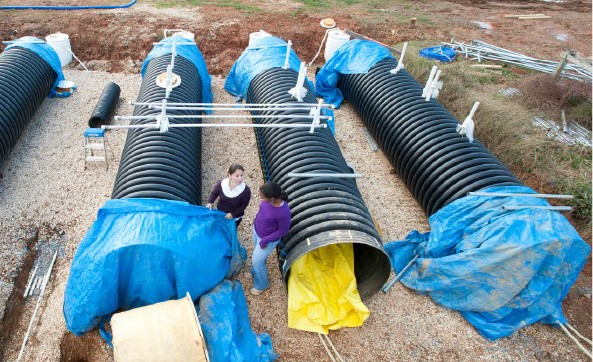 At the nexus of renewable energy, water quality, waste treatment, and human health, the Bioenergy and Bioprocessing Lab, led by Dr. Stephanie Lansing, is committed to understanding the ecological, engineering, and social systems that influence these intertwined areas. Dr. Lansing is leading two new grants totaling over $6 million from the U.S. Department of Energy to develop sustainable products. One grant is focused on the production of bioplastics from food waste, while the other is focused on characterizing the municipal solid waste stream to create biofuels that can replace liquid fuels like aviation fuel. These grants are aimed at understanding the waste sources we have, particularly the quantities of food waste, and determining what opportunities exist for us to create renewable resources and energy from that waste
At the nexus of renewable energy, water quality, waste treatment, and human health, the Bioenergy and Bioprocessing Lab, led by Dr. Stephanie Lansing, is committed to understanding the ecological, engineering, and social systems that influence these intertwined areas. Dr. Lansing is leading two new grants totaling over $6 million from the U.S. Department of Energy to develop sustainable products. One grant is focused on the production of bioplastics from food waste, while the other is focused on characterizing the municipal solid waste stream to create biofuels that can replace liquid fuels like aviation fuel. These grants are aimed at understanding the waste sources we have, particularly the quantities of food waste, and determining what opportunities exist for us to create renewable resources and energy from that waste
